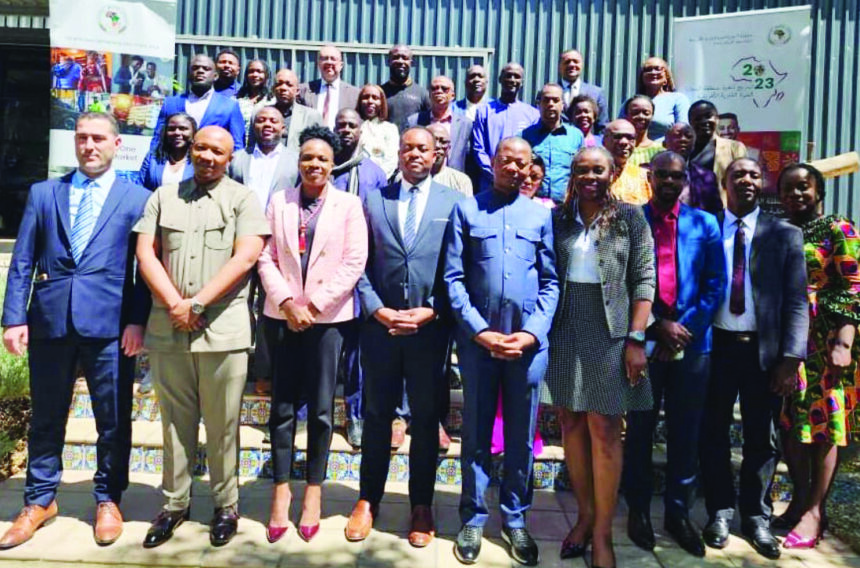The African Continental Free Trade Area (AfCFTA) secretariat, in collaboration with the industrialisation and trade ministry, last week convened the 10th Meeting of the Committee on Investment in Windhoek.
The meeting, which ran from 1 to 4 October 2024, aimed to review and consider a draft of the annex on the Rules and Procedures for the Prevention, Management, and Settlement of Disputes under the Protocol on Investment. This meeting was preceded by a joint meeting of the committee on Investment and the Dispute Settlement Body (DSB), to apprise the members of the DSB of the Annex and how it is related to the AfCFTA Protocol on Dispute Settlement.
The objective of the innovative approaches set out in the Draft Annex is to provide a sound legal framework for the prevention, management and settlement of disputes and the effective implementation and achievement of the overarching objectives of the Protocol on Investment.
The Draft Annex provides three avenues for dispute prevention and resolution – Dispute Prevention and Grievance Management; Alternative Dispute Resolution; and Dispute Settlement.
AfCFTA is the world’s largest free trade area bringing together the 55 countries of the African Union and eight regional economic communities. The overall mandate of the AfCFTA is to create a single continental market with a population of about 1.3 billion people and a combined GDP of approximately US$3.4 trillion.
The AfCFTA Protocol on Investment seeks to create a harmonised, predictable, and a secure environment investment regime for the attraction, retention and expansion of investment across the continent.
Its core objectives include promoting intra-African investment by encouraging, facilitating, retaining, and expanding investments supporting AfCFTA member states’ sustainable development; establishing a transparent, balanced, and predictable legal framework for investment that considers the interests of member states, investors, and local communities.


